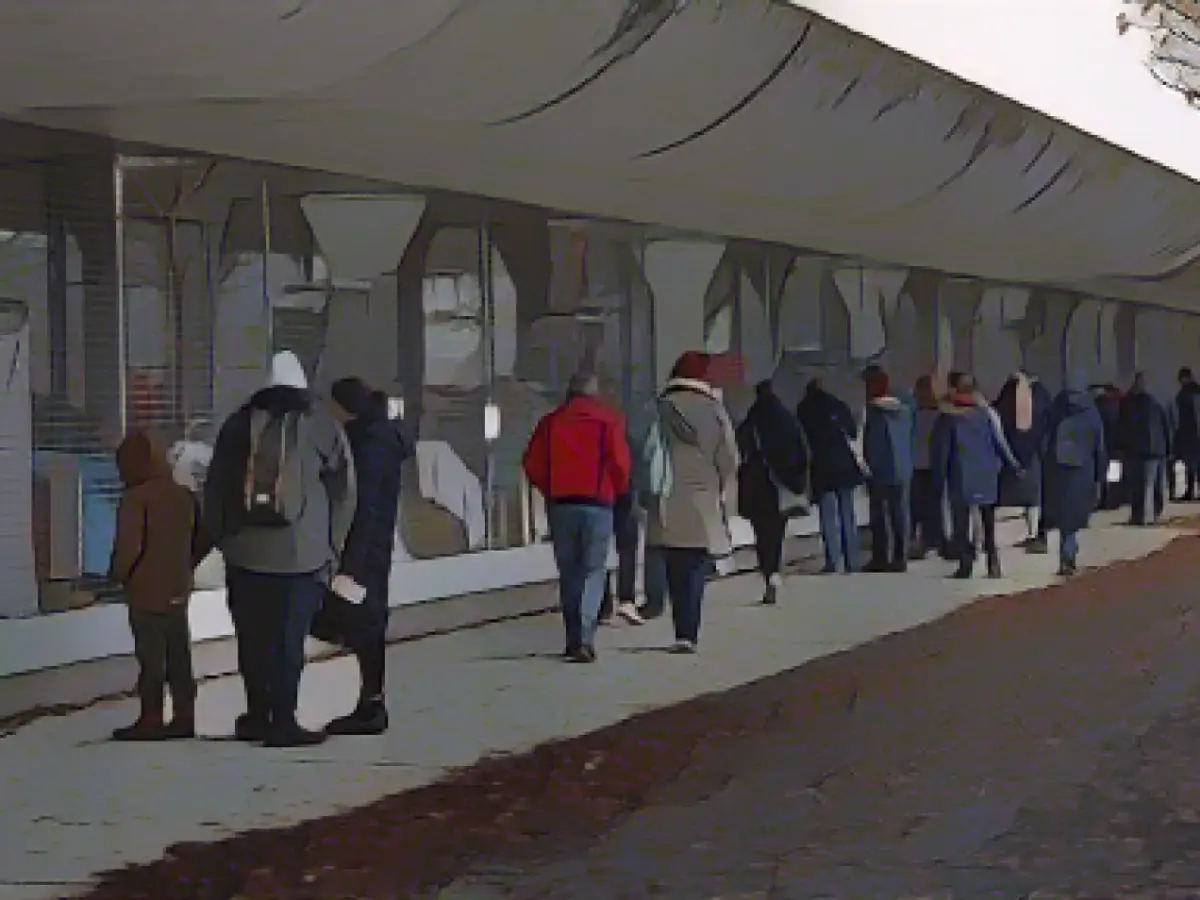Struggling Past the Holidays: Overcrowded Animal Shelters in Germany
There's a glimmer of positive news, but it's far from cheerful: Post-Christmas, animals given away as gifts no longer flood the shelters like they once did. According to Thomas Schröder from the German Animal Welfare Association, there's no more wave of surrenders as seen before the long summer break. However, German animal shelters, such as the one where Schröder serves in Bonn, continue to battle overcrowding and financial deficits.
"The situation in animal shelters has worsened further," confesses Schröder to the German Press Agency. A staggering three-quarters of shelters can't admit any more animals. With more pets living longer in their care due to increased care requirements, the affected shelters are overwhelmed.
Reasons Aplenty
Closed dog schools during the pandemic impacted many aspects of animal care. Dogs, despite being well-intentioned purchases, found themselves eliciting heightened frustration due to poor training, swelling the numbers in shelters. Moreover, when veterinary authorities rescued dogs from negligent owners, these pets often became permanent residents.
"First and foremost, the owner usually contests the removal, which keeps the animal in the shelter," explains Schröder. Adding to this challenge is the fact that long-tail breeds removed from a specific federal state cannot be kept in their originating state. Pets without a home despite easy rehoming likely reflects the pandemic-driven pet adoption frenzy.
Budget Blues
Animal shelters nationwide face this situation with meager budgets. Most shelters do not receive adequate funding from veterinary offices or local authorities. Negotiating with mayor after mayor in each district adds to the bureaucratic burden.
Exacerbating this issue is the new veterinary treatment fee regulation, which went into effect in November 2022. The result? Older or ailing pets with high vet bills are increasingly handed over to shelters.
Schröder's Wish
In a call for help, Schröder requests strong municipal, state, and federal support for animal shelters, which are now at their breaking point. Despite the absence of direct funding involvement so far, Schröder is hopeful for lending a hand.








